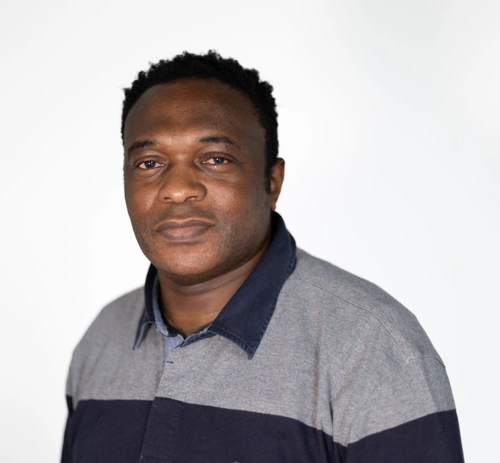Who we are
The Network of Migrant Initiatives and Self-Help Organisations (NeMIS e.V.) in Münster was founded in 2021 and is intercultural, secular, cross-lingual and cross-origin. The aims of the association include the development of effective concepts and programmes to support people in need. The aim is to achieve the participation of all people in social life. The promotion of voluntary work for vulnerable groups, such as refugees, plays a particularly important role in the organisation’s work. Criticism of racism and protection of victims are other key areas of work. NeMIS addresses the causes, effects and consequences of racism, anti-Semitism and other forms of discrimination.
weact contact and advice centre
As part of weact, we support people who are affected by racism and multiple discrimination, contributing to a society free of discrimination.
Community-based counselling
Community-based counselling gives people new horizons, helps them to feel understood and empowered. Counsellors and victims join forces.
The role of migrant organisations in anti-discrimination work
Migrant organisations have particularly good access to migrants, have special expertise, enjoy trust and create space for improving intercultural work.
Our offer
Community-based counselling focuses on support and systematic guidance to empower people to deal with racism. In specific cases we offer individual counselling. Our tasks also include cross-case work, networking and raising public awareness. Promoting cooperation with local stakeholders is central to our work. Community-based anti-racism counselling takes into account different forms of discrimination. In addition to direct discrimination, which is usually clearly perceived as such by those affected, there are other forms – indirect, structural, institutional and intersectional discrimination, anti-Black and anti-Asian racism. These are sometimes more difficult to identify and combat.
Our weact team

Médard Kabanda
Médard Kabanda studied international relations in Congo before moving to Germany in 1990. He studied political science, sociology, economic policy and philosophy at the University of Münster, graduating with a Master of Arts. He went on to complete a doctorate in political science and sociology. He is involved in numerous projects and organisations on a voluntary basis. He is a member of the Advisory Board for Municipal Development Cooperation of the City of Münster, where he heads the Migration Working Group.